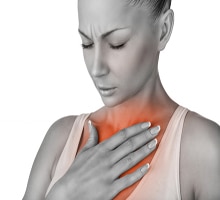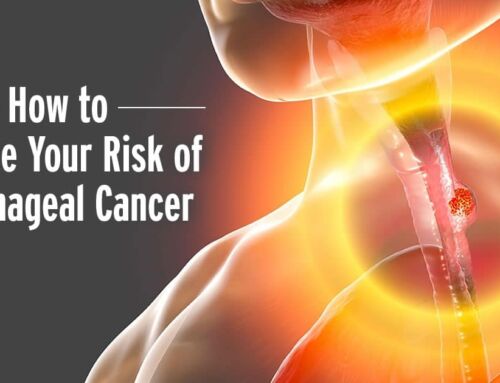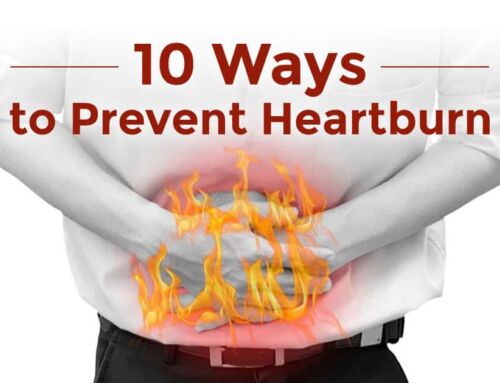With the last week of November being designated as national GastroEsophageal Reflux Disease (GERD) awareness week (who comes up with this stuff?), I wanted to provide a little additional information on this all too common problem. Since many of us experience reflux around the holidays I thought it was important to go over this topic and give some tips to manage the symptoms.
What is REFLUX?
Reflux means flow of gastric fluid from the stomach backward into the esophagus. This can be reflux of acid or just gastric juice and bile. If the valve at the bottom of the esophagus (lower esophageal sphincter) that normally prevents this reflux becomes loose or develops a hernia (hiatal hernia) reflux happens. During a reflux episode you typically have a bad taste in the back of your mouth or even experience some burning in your chest. Reflux is very common.
What is GERD?
If the reflux happens often or progresses we classify it as GERD. With GERD you develop more frequent heartburn and can progress to esophagitis (ulceration of the esophagus lining), lung problems (like asthma) and swallowing problems. This biggest risk of untreated GERD is progression to Barrett’s Esophagus, which is a precancerous change to the esophagus. Esophageal cancer is on the rise in our country because of the frequency of undiagnosed and untreated GERD.
What is the difference between reflux and GERD?
Reflux and GERD are basically as spectrum of the same disease. Problems with the lower esophageal sphincter or a hiatal hernia coupled with things like over eating, alcohol and tobacco can cause you to have reflux episodes. If the reflux episodes happen frequent enough to lead to frequent heartburn or the complications described above then it has progressed to GERD.
How do I know if I have GERD?
GERD is a chronic condition that keeps recurring and only your physician can make the diagnosis. However, due to the risks of Barrett’s esophagus and progression to esophageal cancer caused by GERD don’t ignore your symptoms. You should talk to your doctor if you experience any of the following on a recurring basis:
- Heartburn that occurs 2 or more times a week
- Heartburn that wakens you from your sleep
- Any pain with swallowing or difficulty with swallowing
- Why is reflux more common around the holidays?
Reflux is commonly diet related. The most common triggers for reflux are over eating, alcohol, tobacco, caffeine, chocolate and peppermint. These are also the things we tend to overdo during the holidays. The after we overdo it, we lay back and watch football or take a nap. When we relax or sleep our lower esophageal sphincter relaxes as well and make reflux much easier to occur.
Tips for Managing Reflux and GERD
I’m not going to tell you to avoid important things like watching football or taking a nap. I will, however, recommend eating in moderation, minimizing triggers like alcohol, tobacco and caffeine and staying upright for an hour or so after eating. Even an after meal walk would help and will help burn off some of those excess calories we just put in. If you get occasional reflux, like I do, take an over-the-counter acid blocker before that big meal or when the symptoms start. I take mine prior to the meal as it is easier to prevent the reflux symptoms then it is to calm them once they start. I recommend to my patients things like famotidine, ranitidine and omeprazole- all of which are over-the-counter. If you do these things to control your symptoms hopefully it will make the holidays more enjoyable.
I hope this was helpful, happy holidays. RH




